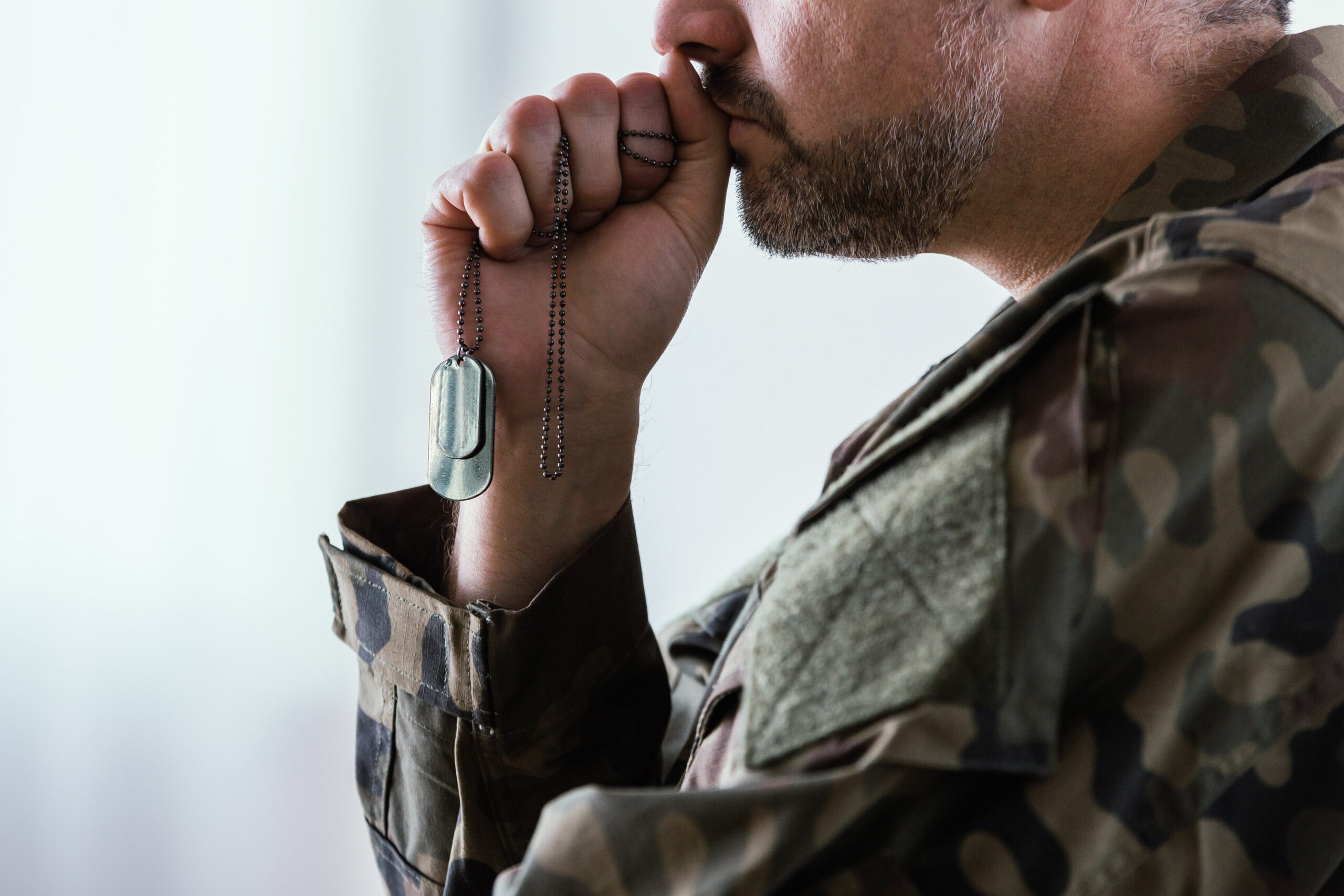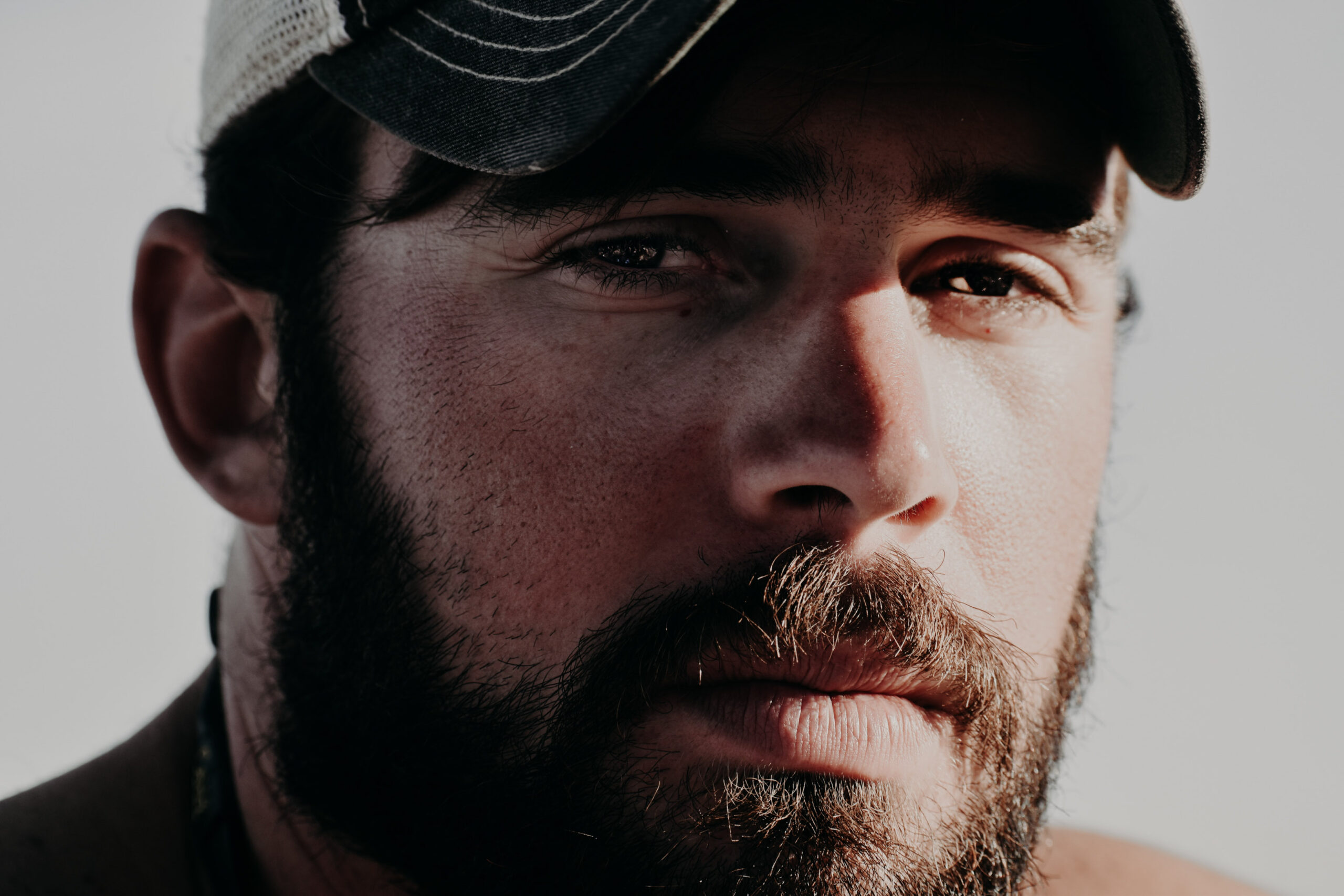Read OUr Blog
Center for Post Traumatic Grown
Recent Posts
VA, DoD recommended PTSD therapies don’t help many military patients, review finds
https://www.militarytimes.com/news/pentagon-congress/2020/02/04/va-dod-recommended-ptsd-therapies-dont-help-many-militar...
Moral Injury Training Ottawa Police
The Staff of the CPTG spent 4 days in Ottawa, Canada training 20 therapists to provide the CPTG's group treatment...
Moral Injury & Military Suicide-iHeart Radio
On April 22, 2019 Cristina Mendonsa and KFBK's iHeart radio discussed the devastating statistics of veteran suicides...
The Sin of Survival: Mass Shootings, Moral Injury and Suicide
As the frequency of mass shootings grows everyday, so does the need for comprehensive, community based and longer term...
National Vietnam Veteran’s Day Celebration…A Success
On March 29, 2019 the CPTG partnered with the Sutter Healthcare military veterans arm to bestow honor and recognition...
This Is Us
I recently read a New York Times article about an episode of the hit TV show, "This Is Us" and the Vietnam war story...
Suicide Epidemic-CPTG White Paper
The Suicide Epidemic Why are veterans and first responders continuing to suicide at an unprecedented rate? At the...
Military Sexual Trauma…A Senator Speaks Out
This month Senator Martha McSally took a leap of courage and faith, addressing the nation about her own personal...
Are People Ready to Listen?
In his story covered in the New York Times in January, 2019, former US Marine and Iraq war veteran Russell Worth...
Memorializing Our War Dead
The Problem With Memorializing Our War Dead Without Honest Accounting of HistoryThe New York Times It’s irresponsible...
Afghanistan
The Final Moral Injury
As the world watches the unfolding of the tragic and heartbreaking events in Afghanistan as the United States and allied forces withdraw after 20 years, veterans of the middle east wars as well as Vietnam veterans are feeling a myriad of emotions. These emotions range from anger, sorrow, confusion, helplessness, and disillusionment. The question on their minds and hearts is “Was it all for nothing?”
The same sentiments the Vietnam veterans grappled with for decades after the fall of Saigon. Many of them have voiced their deep regrets about “breaking our word”. They are reminded of the blood spilled, those lost, sacrifices made, and those left behind who helped us and who will very likely be tortured and killed. They are certain of the fate of the women and children of Afghanistan under the rule of the Taliban.
They are angry about the finger pointing of politicians, the musings of the media who focus on the financial costs and ignore the human costs, and they feel helpless to have a voice in the midst of what they see as misguided, misunderstood, and mishandled events of their war. They fear the war will come here next.


What do we do? How do we help? How do we help to find meaning and peace? “That is easier said than done” as one of my Marines told me. What I have to offer is a result of working with Vietnam veterans facing this same challenge since 1975. They must set politics aside. They must grieve these losses. They need to know from us that we are grieving with them. They need to know they are the witnesses to the bravery, sacrifices, and sorrows of war. They can tell the stories and honor those lost as no one else can. They are the keepers of the truth. Only they can make the meaning of their war, not public opinion, not the media and not the politicians.
